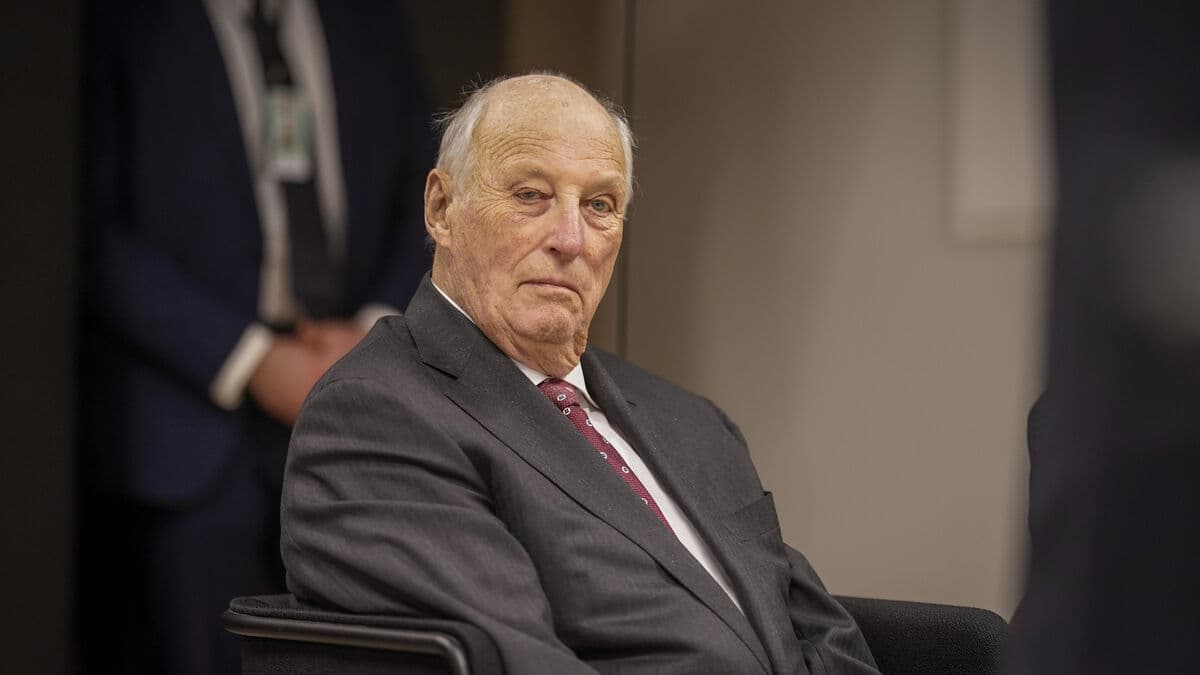On 28 June, new EU rules will be introduced, which mean that antique dealers selling archaeological objects from countries outside the EU must be able to offer documentation and proof that the objects were exported in a lawful manner – all in order to avoid trade in objects that have been stolen during looting.
Artworks, coins and books over 200 years old and valued at more than 18,000 euro (approximately 200,000 kronor) are also covered by the same rules.
We will not buy anything outside the EU, warns Antonia Eberwein, vice chairman of the French antique dealers' association.
Pierre Valentin, cultural heritage specialist at the London-based law firm Fieldfisher, believes that the purpose of the regulation is "laudable" but that it can become a "proof nightmare for collectors".
In some cases, goods have left their country of origin a hundred years ago and changed owners several times. Now it is up to the current owner to prove that the object was exported lawfully.
We are asked to offer things that do not exist, says Eberwein, who calls the rules "absurd" and the requirement for proof "a total lack of understanding of the market's reality".
According to Alexandre Giquello, head of the French auction house Drouot, for example, Mexico prohibits all exports and claims its entire archaeological heritage.






